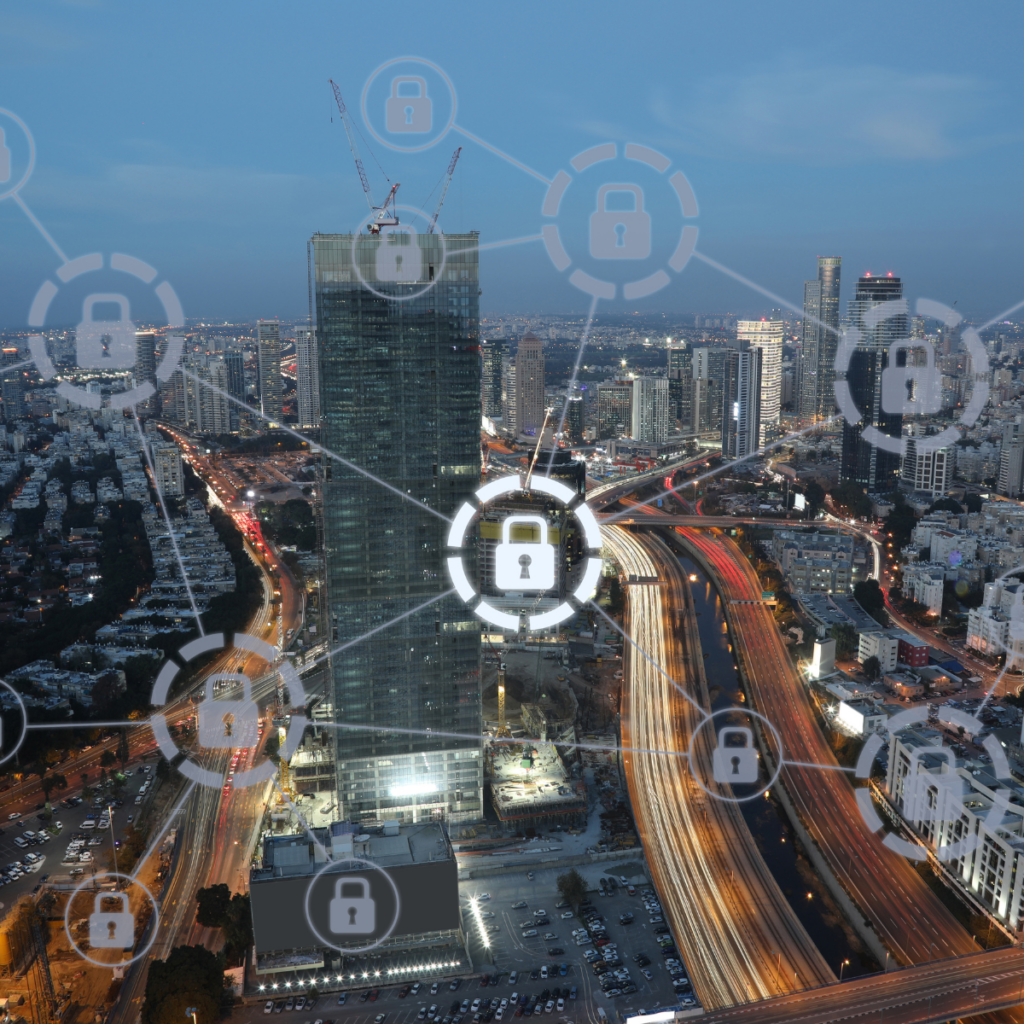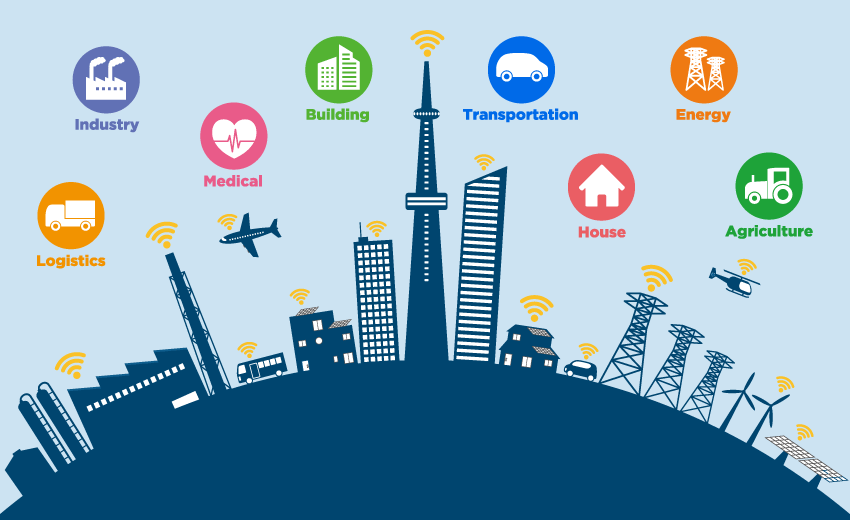When Innovation Meets Vulnerability
On April 28th, 2025, a widespread blackout plunged parts of Spain into hours of disruption — trains halted, traffic lights failed, and millions were impacted. While the root cause is still under investigation, the event underscores a growing reality: the more connected our cities become, the more fragile they are without the right safeguards in place.
This blog explores the top smart city security challenges facing urban areas in 2025 — and what governments, city planners, and technology providers can do today to prevent tomorrow’s crisis. From IoT vulnerabilities to data privacy risks, it’s time to rethink the security strategies that protect our digital infrastructure. As urban areas rapidly adopt digital transformation, smart city security becomes a critical concern. With interconnected infrastructure, IoT devices, and data-driven services, cities are more efficient than ever before. However, these advancements also open new vulnerabilities. Protecting critical systems requires a proactive approach, combining technology, policy, and citizen engagement.
Understanding the Security Landscape of Smart Cities
Cybersecurity Risks in Smart Infrastructure
Smart cities rely heavily on interconnected systems. Networks controlling traffic lights, public transportation, and utilities are potential targets. Hackers could exploit vulnerabilities to disrupt essential services. Therefore, maintaining robust cybersecurity protocols is not optional; it is essential.
Data Privacy Challenges
Citizens generate massive amounts of data through mobile apps, sensors, and online platforms. Without robust privacy safeguards, this data is vulnerable to misuse. To mitigate risks, cities must implement clear data governance frameworks and adopt strong encryption protocols.
Physical Security Threats
While digital threats are growing, physical security remains equally important. Public spaces equipped with surveillance and smart monitoring devices need protection against sabotage and unauthorized access. A comprehensive smart city security strategy must integrate physical and digital safeguards.
Top Smart City Security Challenges for 2025
IoT Device Vulnerabilities
The expansion of IoT devices creates multiple entry points for cybercriminals. Insecure devices, especially those lacking regular updates, can compromise entire city networks.
Supply Chain Risks
Many smart city components come from a variety of suppliers. This diversity can introduce vulnerabilities if the security standards vary across vendors. Careful vetting and continuous monitoring of suppliers are essential.
AI and Machine Learning Misuse
AI-powered systems manage many city functions, from predictive traffic management to energy distribution. However, malicious actors could manipulate these systems if security frameworks are insufficient, leading to large-scale disruptions.
Public Trust and Awareness
The success of a smart city relies heavily on citizen trust. When residents feel their data or safety is at risk, adoption rates for smart services may decline.To counter this, transparency and public education must be at the core of every security strategy.
Effective Strategies to Overcome Smart City Security Challenges
Building Resilient Cybersecurity Frameworks
Cities should adopt zero-trust security models, segment critical infrastructure, and ensure continuous threat monitoring. Regular cybersecurity audits and real-time alert systems can significantly reduce risks.
Strengthening IoT Security Protocols
Enforcing strong authentication, encrypted firmware updates, and secure device configurations is essential to reducing IoT-related risks. Equally important is collaborating with manufacturers to develop industry-wide security standards.
Promoting Data Privacy and Governance
Implementing clear privacy policies and data minimization strategies protects citizen information. Additionally, giving users control over their data builds greater public confidence.
Enhancing Public-Private Collaboration
Public entities should work closely with private technology providers to establish uniform security practices. Joint initiatives can drive innovation in smart city security and create faster responses to emerging threats.
Future Outlook for Smart City Security
As we move into 2025, the emphasis on proactive security measures will only grow. Integrating AI-powered threat detection, blockchain-based secure transactions, and advanced risk modeling will redefine smart city security. Cities that invest now in comprehensive, future-ready security frameworks will lead the way toward safer, smarter urban environments.
Conclusion
Smart city security is no longer a secondary concern; it is the backbone of any digital transformation effort. By understanding the current challenges and implementing robust strategies, cities can protect their residents, assets, and future growth. As technology evolves, security frameworks must evolve with it. The cities that act today will define the safe, smart urban environments of tomorrow.
Explore how MTi Arabia can help you leverage these trends to revolutionize your city. Contact us here.



